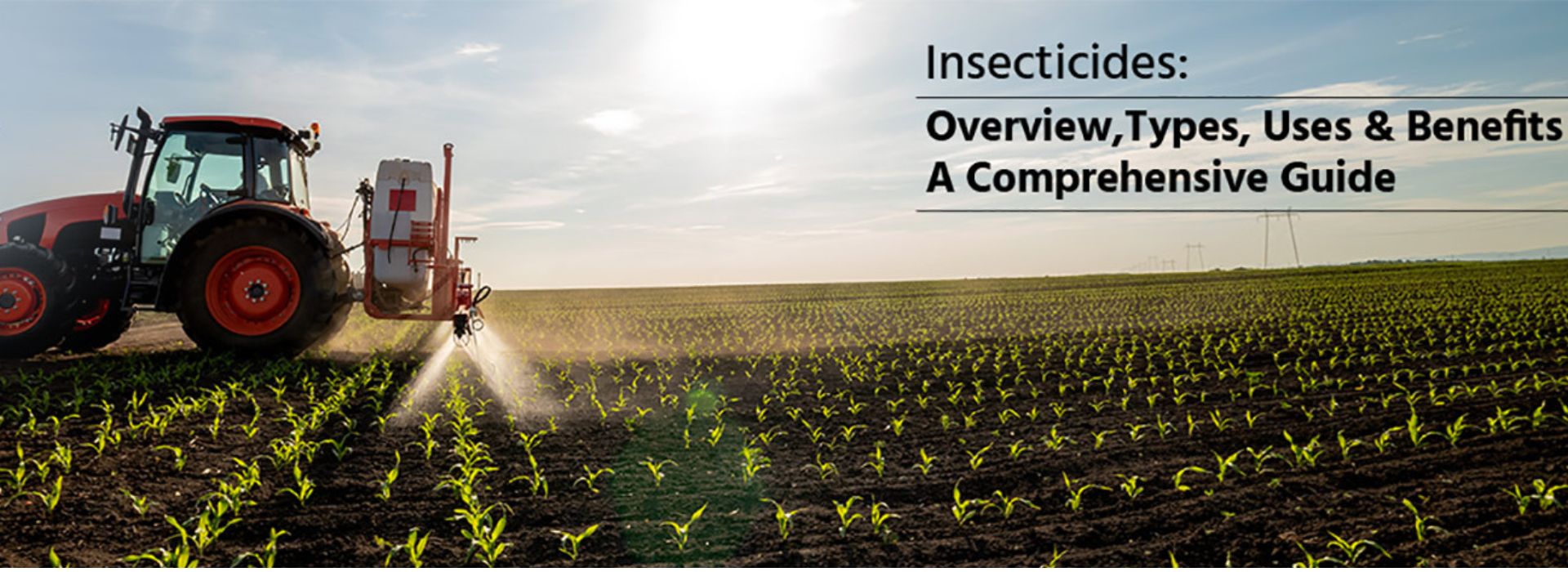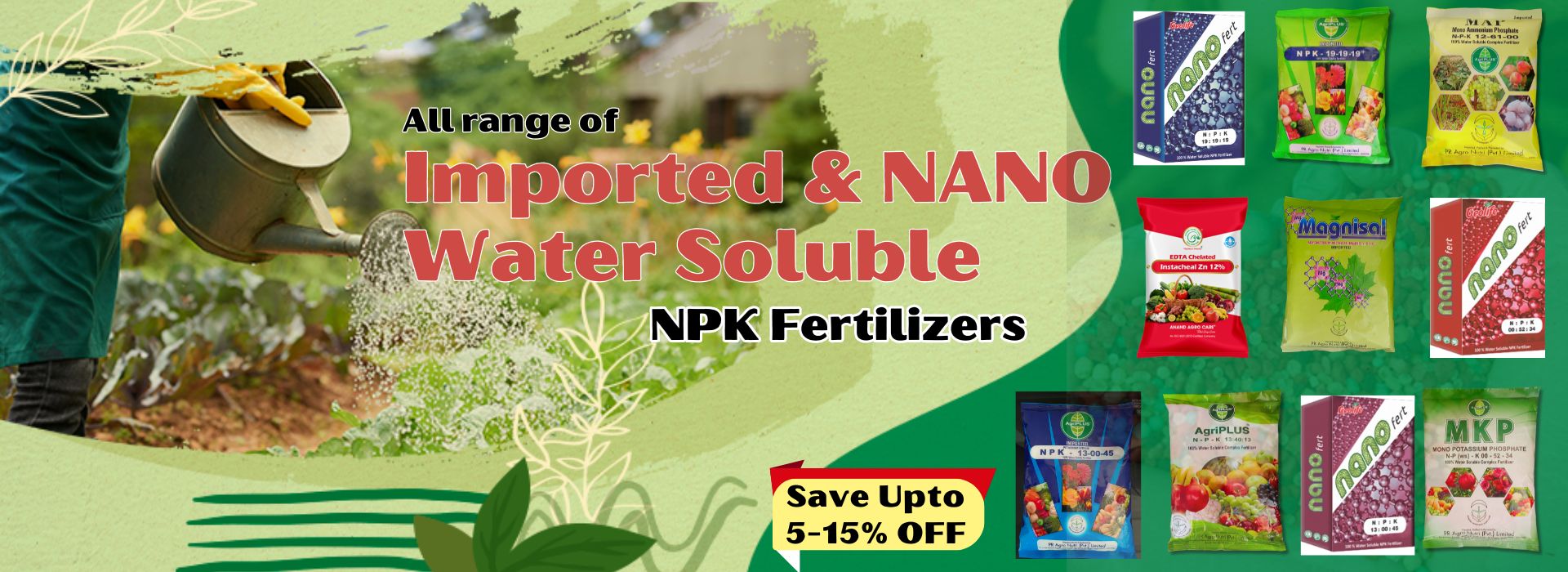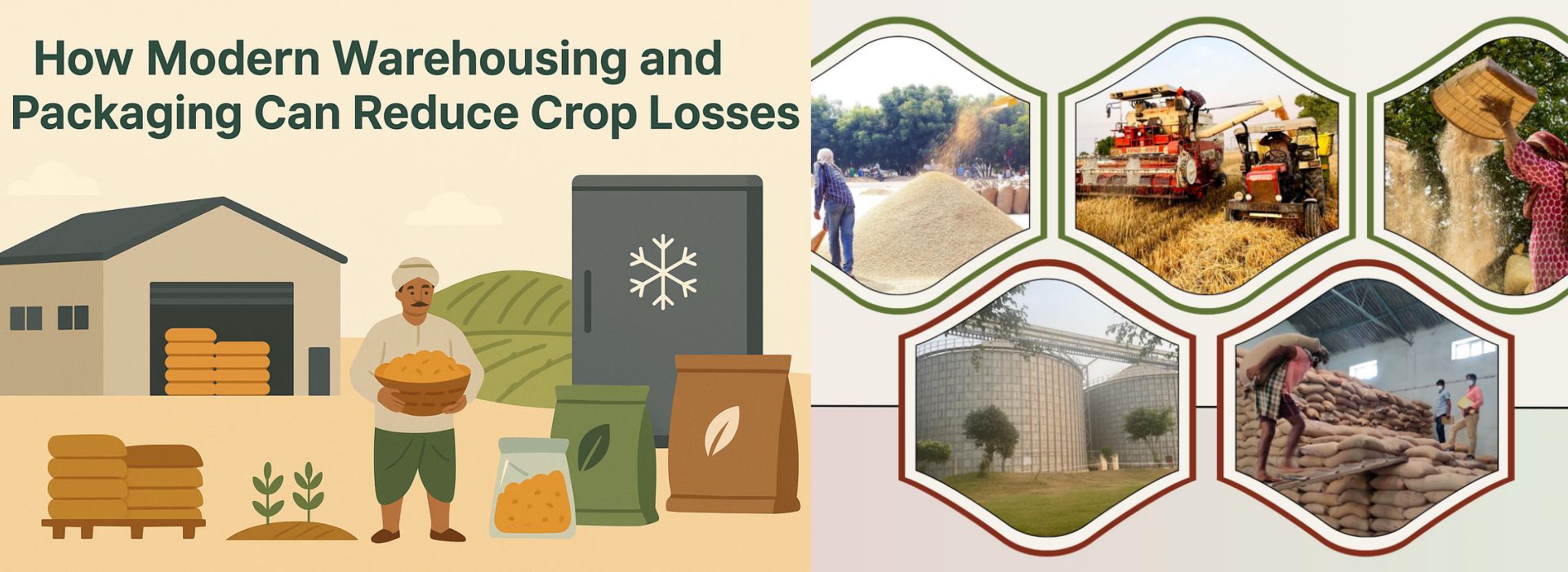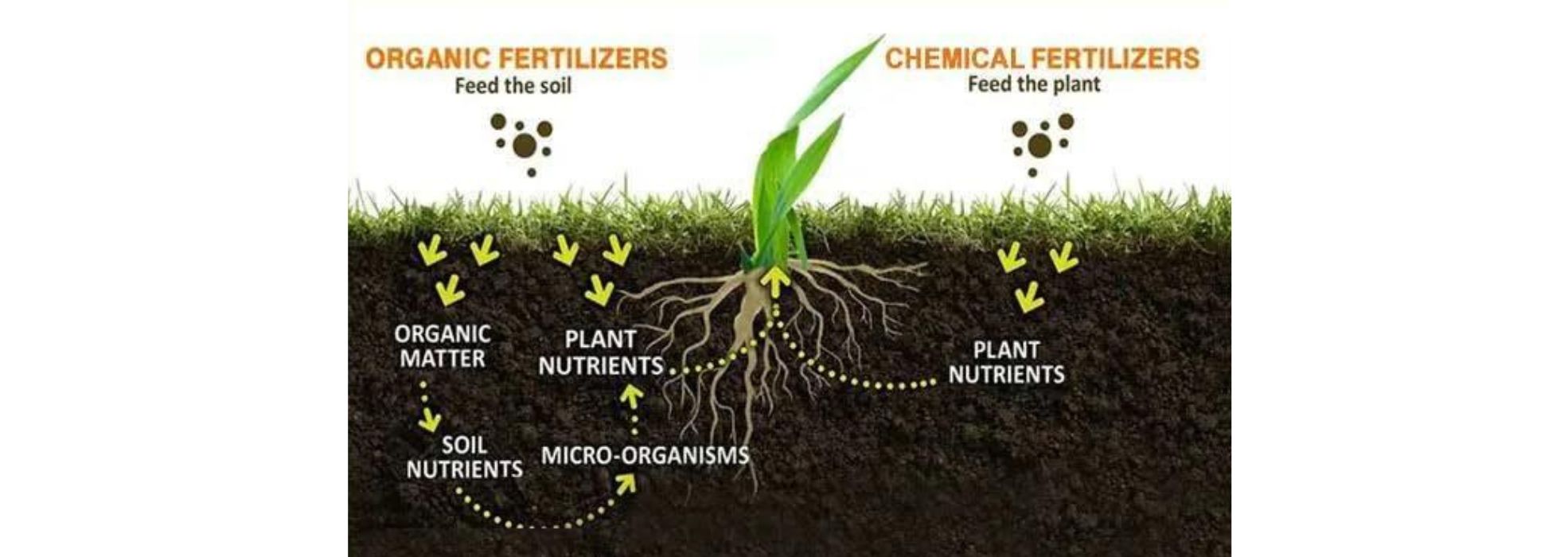Uses of Insecticides
March 6, 2024Insecticides are substances used to mitigate insects of one or more species. They are used in the agricultural sector for controlling pests that infest cultivated crops but they have other uses as well, such as eliminating insects that spread diseases.
https://krishibazaar.in/category/insecticides
Use of Insecticides
Insects are a big threat to crops as they can consume plant foliage, roots, and stems, which can make them unsuitable for eating or other use and could also damage the plants. The use of insecticides is necessary to provide the best crop protection to combat these pests, some of which feed exclusively on certain crops. Before insecticides gained widespread use, a significant portion of the crops grown was consumed by insects and led to regular losses. While there are some biological controls in the environment, such as natural predators or parasites that attack the insects which feed on crops, there was little to no control over these factors. The crop protection that insecticides provide has played a big role in helping agriculture, especially when it comes to increasing yield.
There is a need for insecticides for almost all commercial agriculture requirements, including organic farming. As the interest in organic produce has grown, organic farmers have also found the need to use insecticides that are approved for organic use to protect their crops and prevent contamination from insects.
Different Types of Insecticides
Insecticides can be classified in many ways, including classification based on how they work, their mode of action, or what they're made of.
Types of Insecticides Based on Activity
Insecticides can largely be categorized into two:
Systemic insecticides :
These are the insecticides that become a part of the plant through systematic distribution. Insects who then might feed on it, consume the insecticide plants and are eliminated. Systemic insecticides have residual or long-term activity.
Contact insecticides :
This includes insecticides that can penetrate the skin of the insects. They are toxic to insects when they come in contact with it. They can be of many kinds including naturally occurring compounds and synthetic organic compounds. Contact insecticides generally have little to no residual activity.
Types of Synthetic Insecticides
Synthetic insecticides are the most common type of insecticide in use. They can be toxic to a wide range of insect species. Some of the main types of synthetic insecticides include:
Chlorinated hydrocarbons :
Also called organochlorines, chlorinated organics, chlorinated insecticides, and chlorinated synthetics, these insecticides contain carbon, chlorine, and hydrogen. Some of these insecticides had long residual action and were effective for long periods of time. They were developed in the 1940s but have since fallen out of use.
Organophosphates :
These are insecticides containing phosphorus which are derived from one of the phosphorous acids. Organophosphates are effective in controlling insect populations since they inhibit the functioning of their nervous system. They are especially effective against sucking insects that feed on plant juices. They have little residual activity which is why they have become very popular in use as they can meet the residual tolerance limits that may be in place for crop production.
Carbamates :
Carbamates are insecticides that are derived from carbamic acid. They are effective in eliminating insects but they can also be rapidly detoxified from mammal tissues, making them less toxic to animals and humans.
There are many more types of insecticides that are commercially available. All insecticides come with usage guidelines that make them effective to control insects and be useful in preventing damage to crops without being toxic to humans. UPL provides a range of insecticides to deal with destructive pests that can harm a farmer’s crop. We continue to develop new formulations with different applications and modes of action to provide more effective protection.
Content Credit:- UPL
At krishibazaar.in, you can find and buy various agricultural products. For agricultural guidance on selecting the most suitable products for your crops, please contact or WhatsApp at +917887880887.






Guest reviews
No reviews found for this Blog